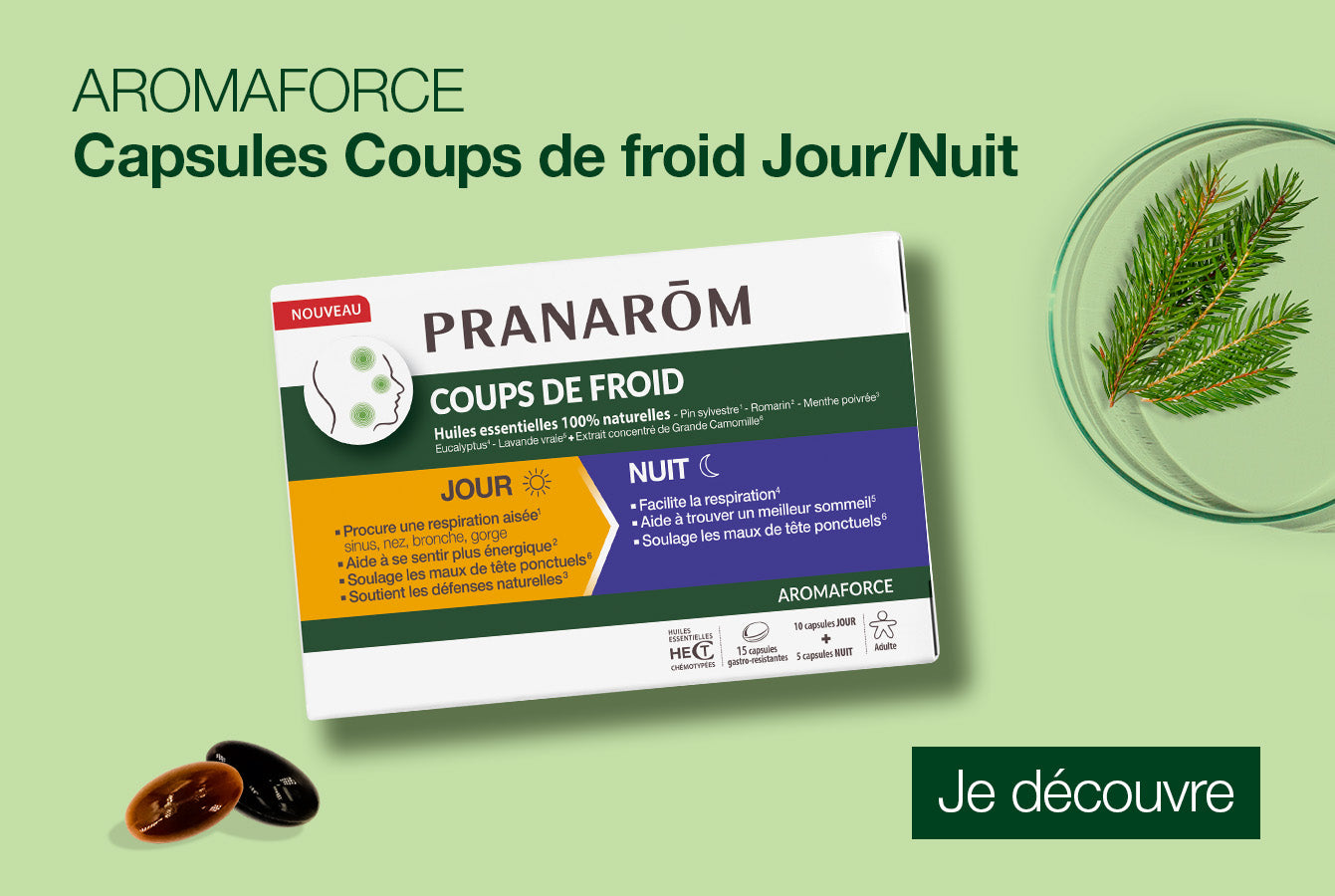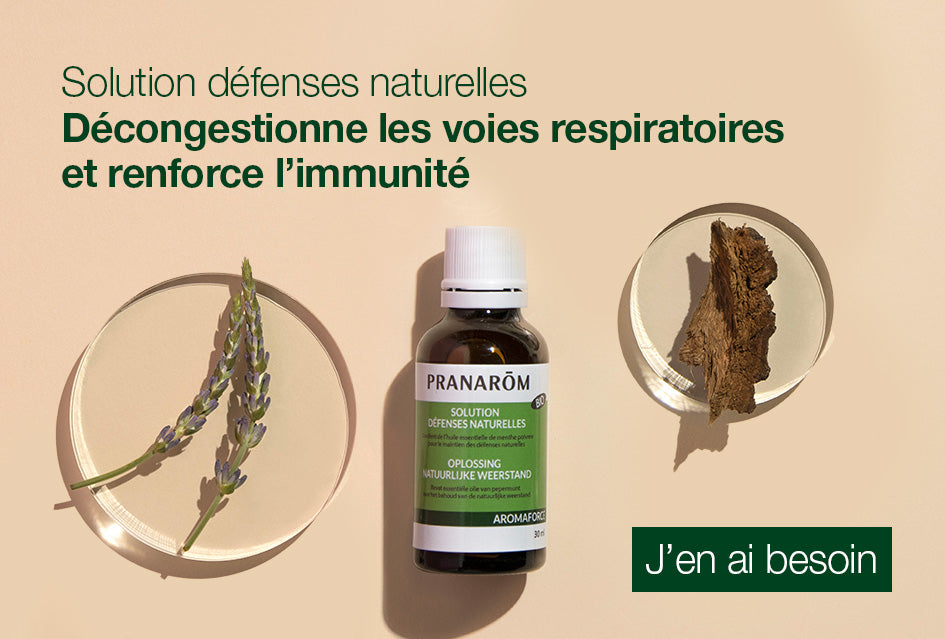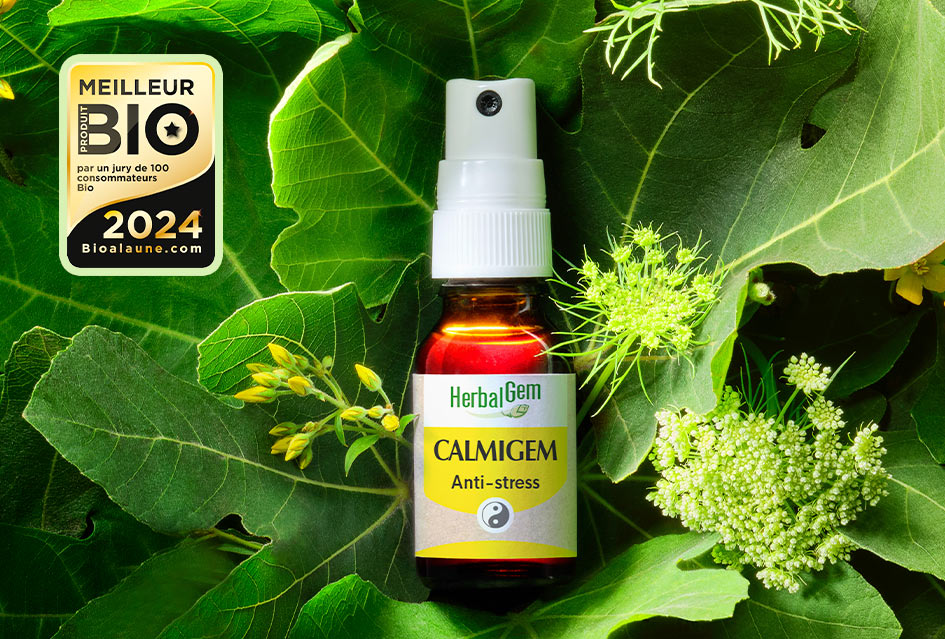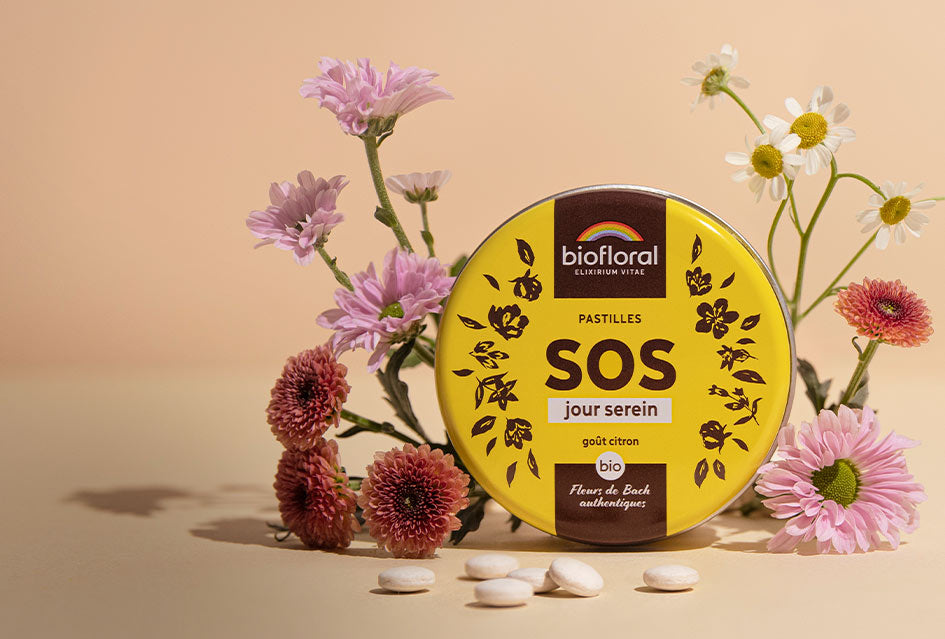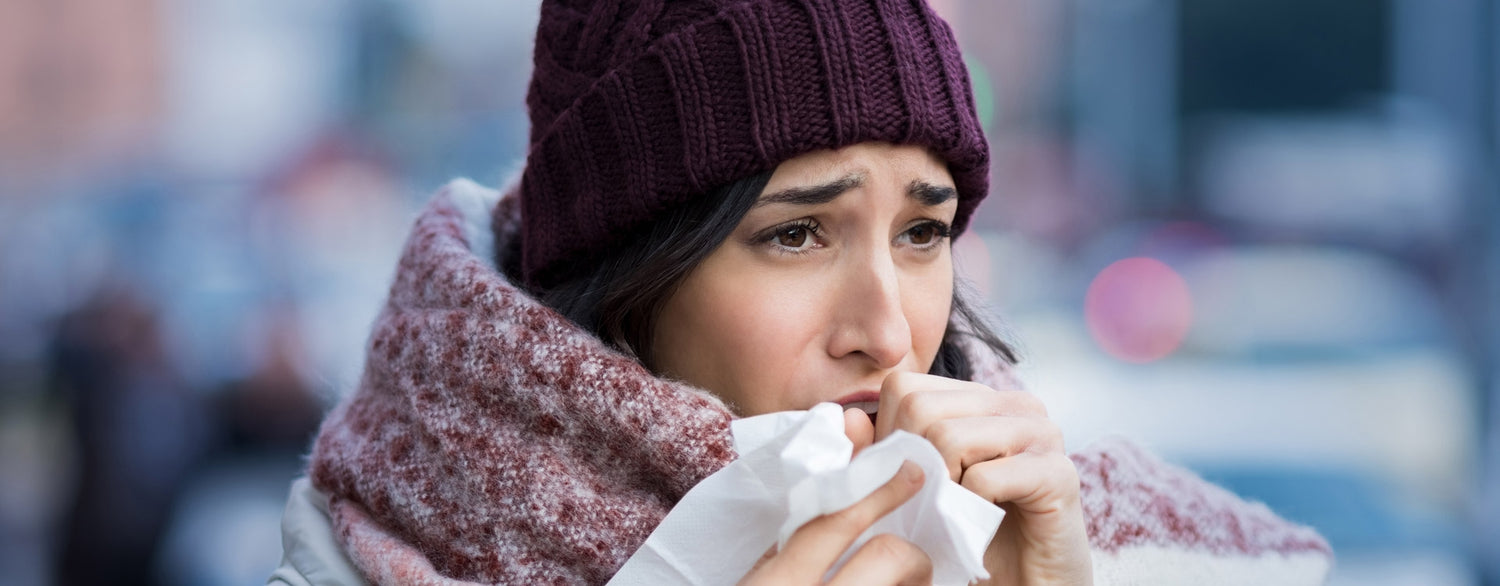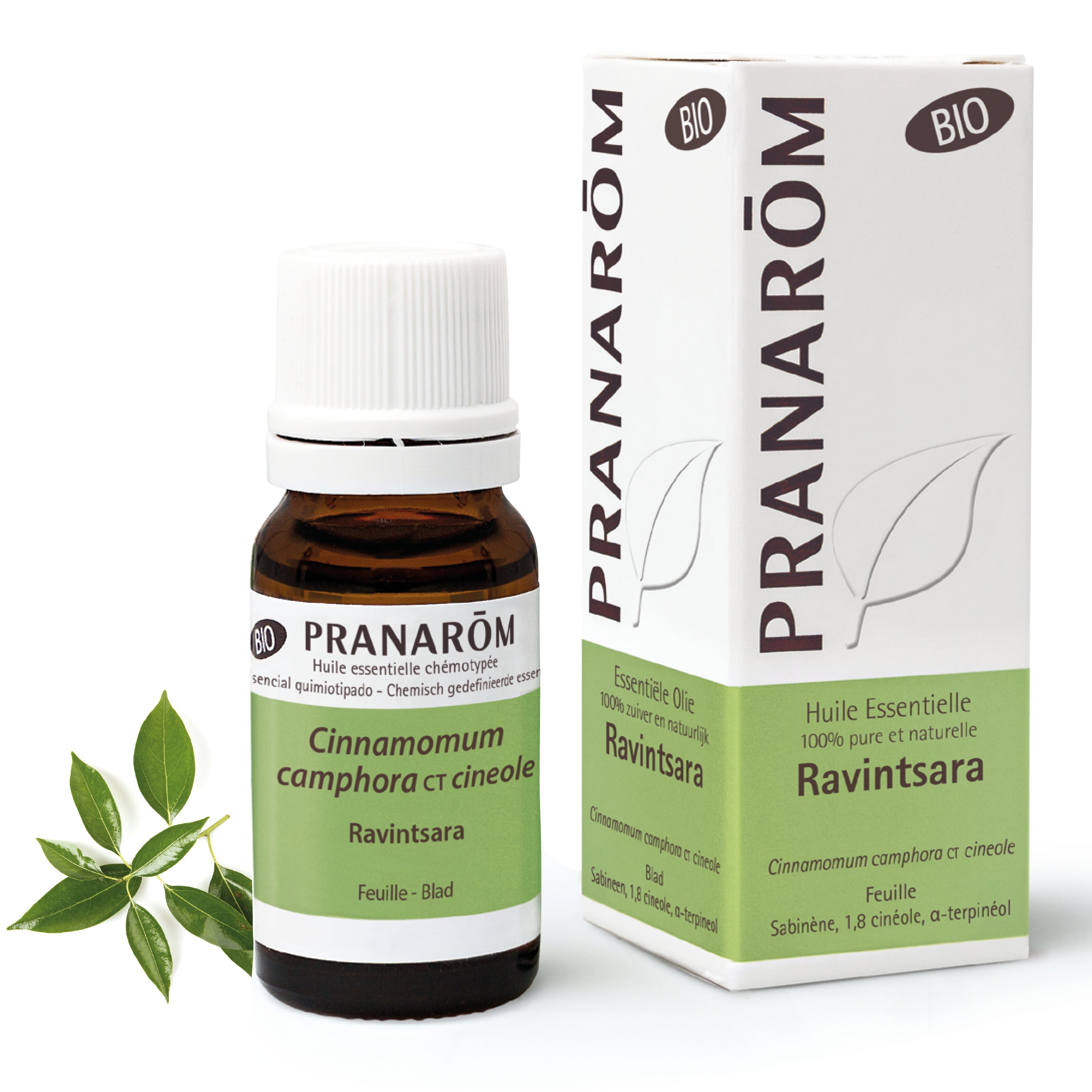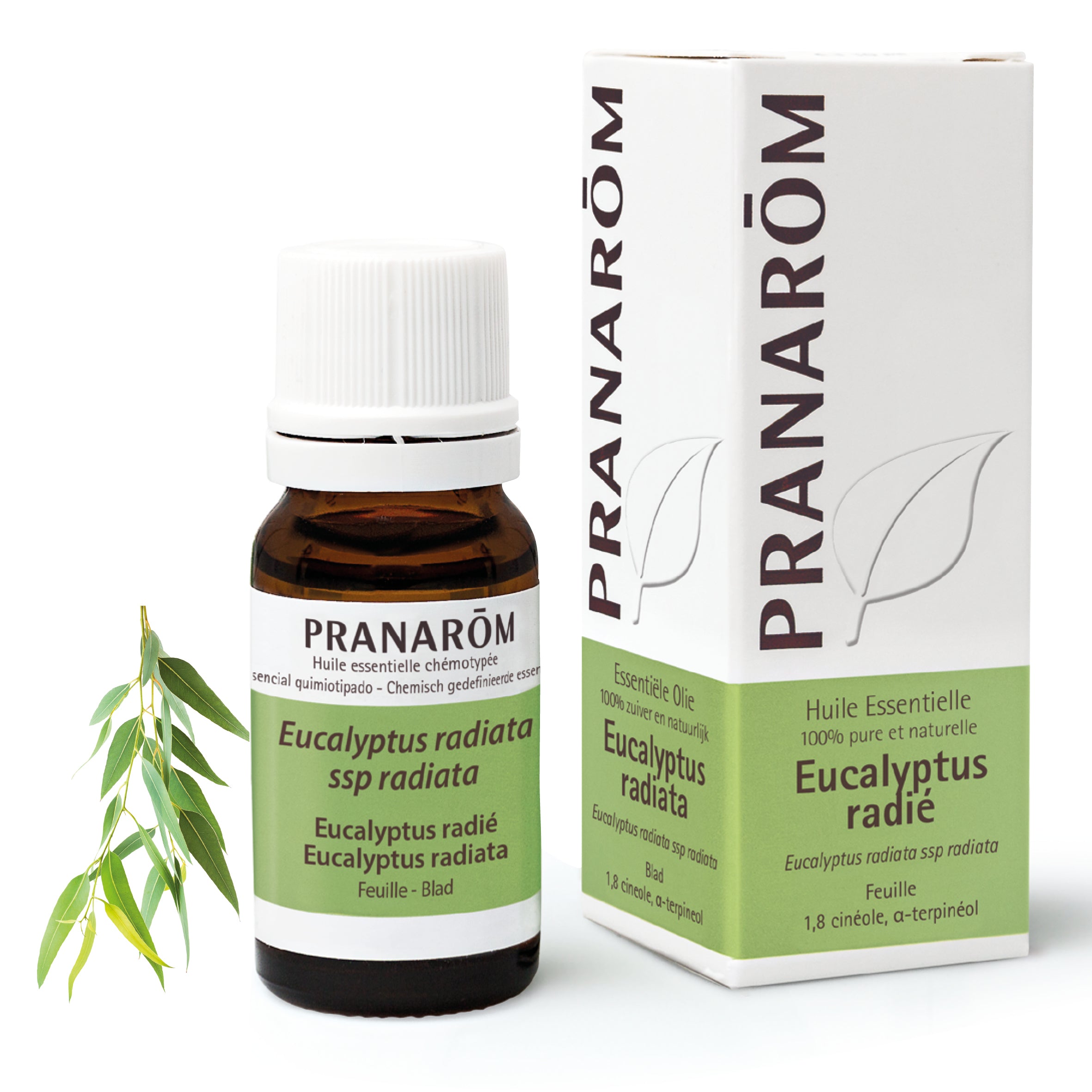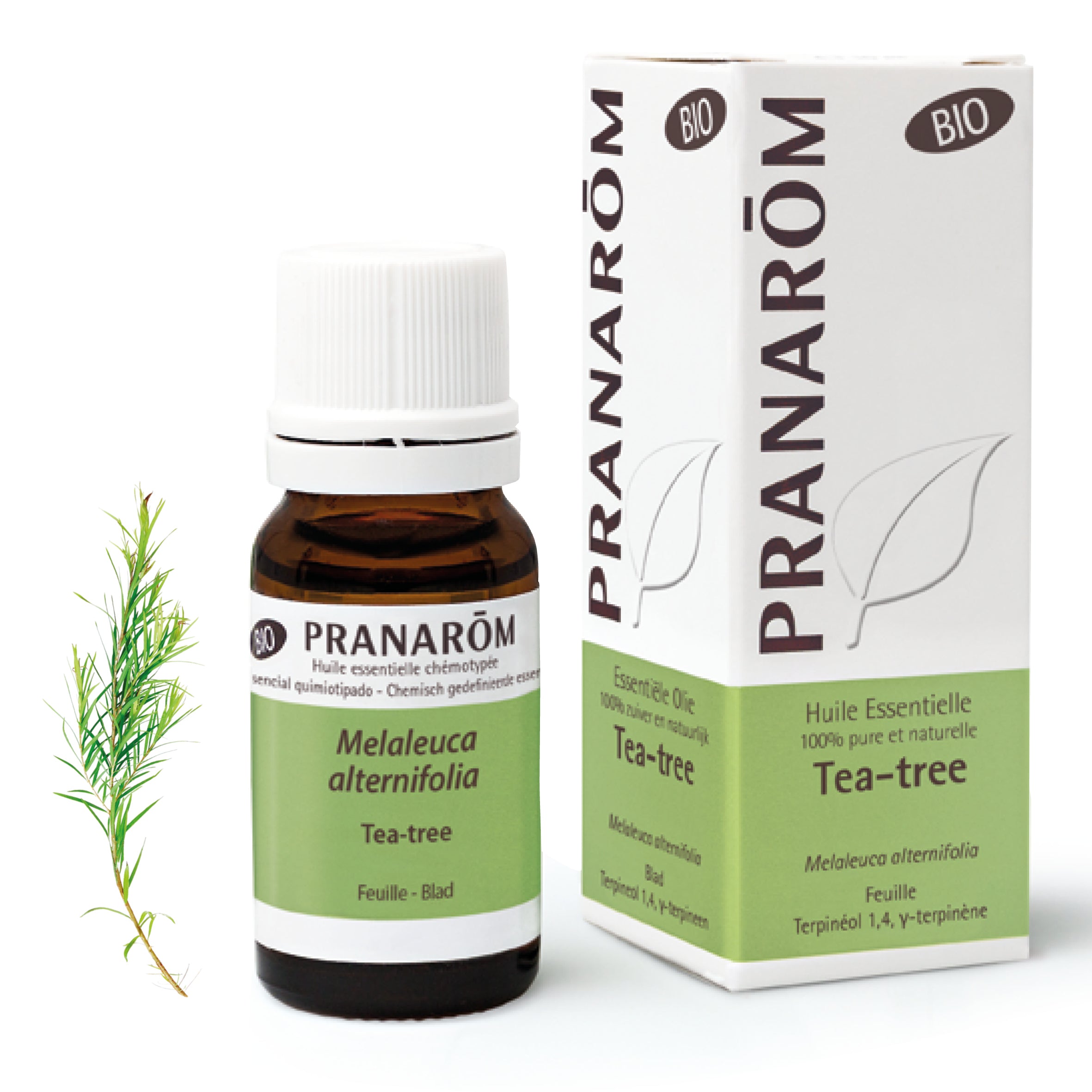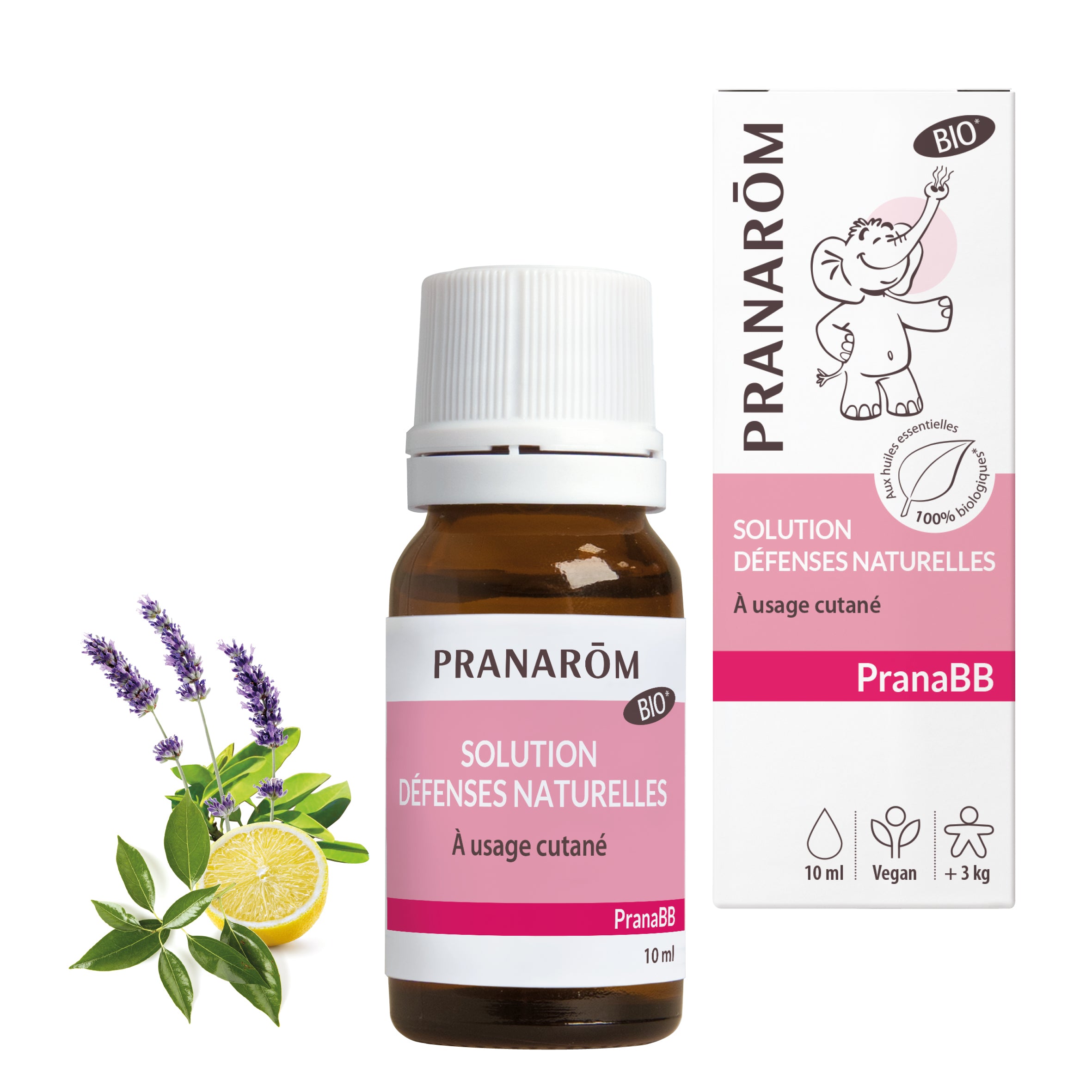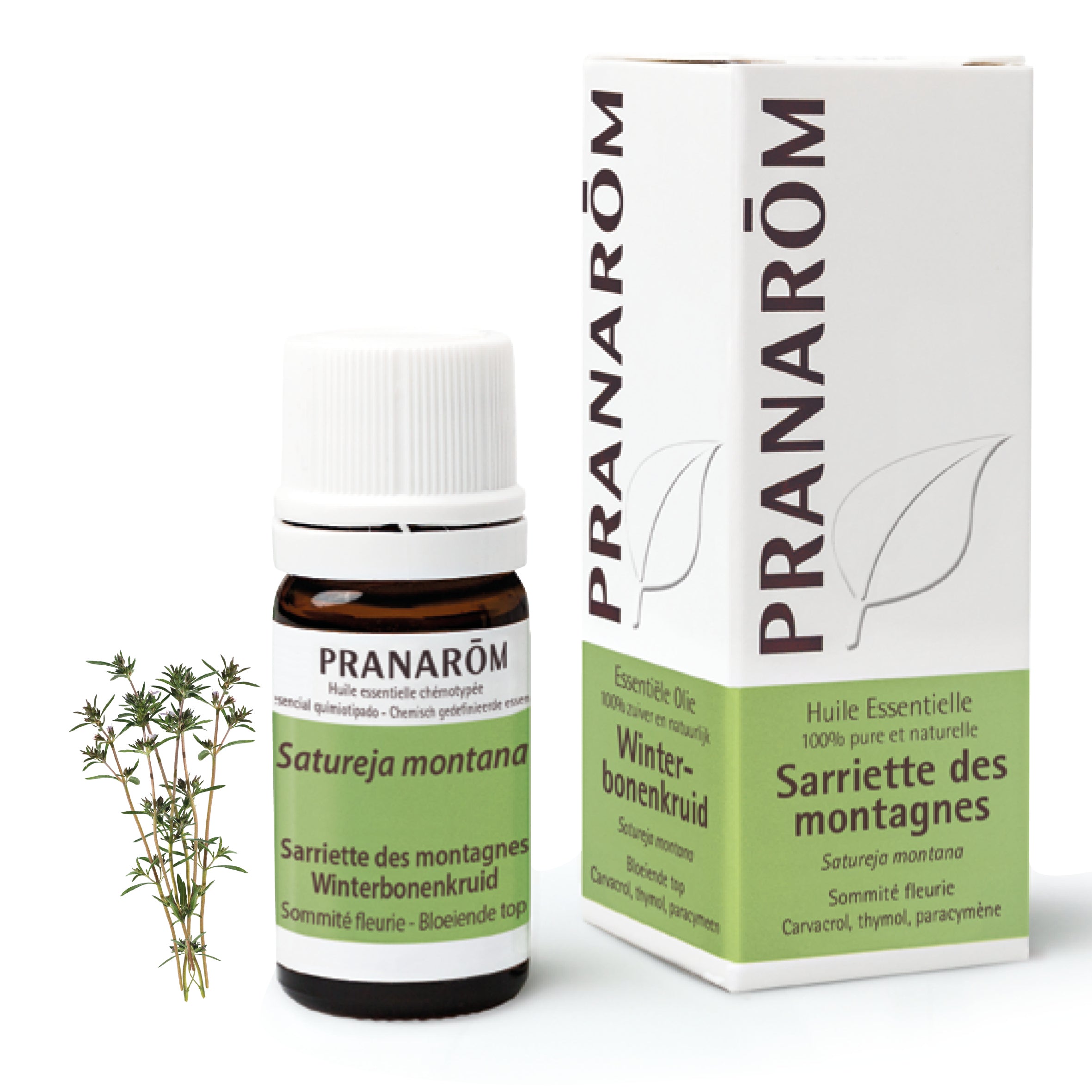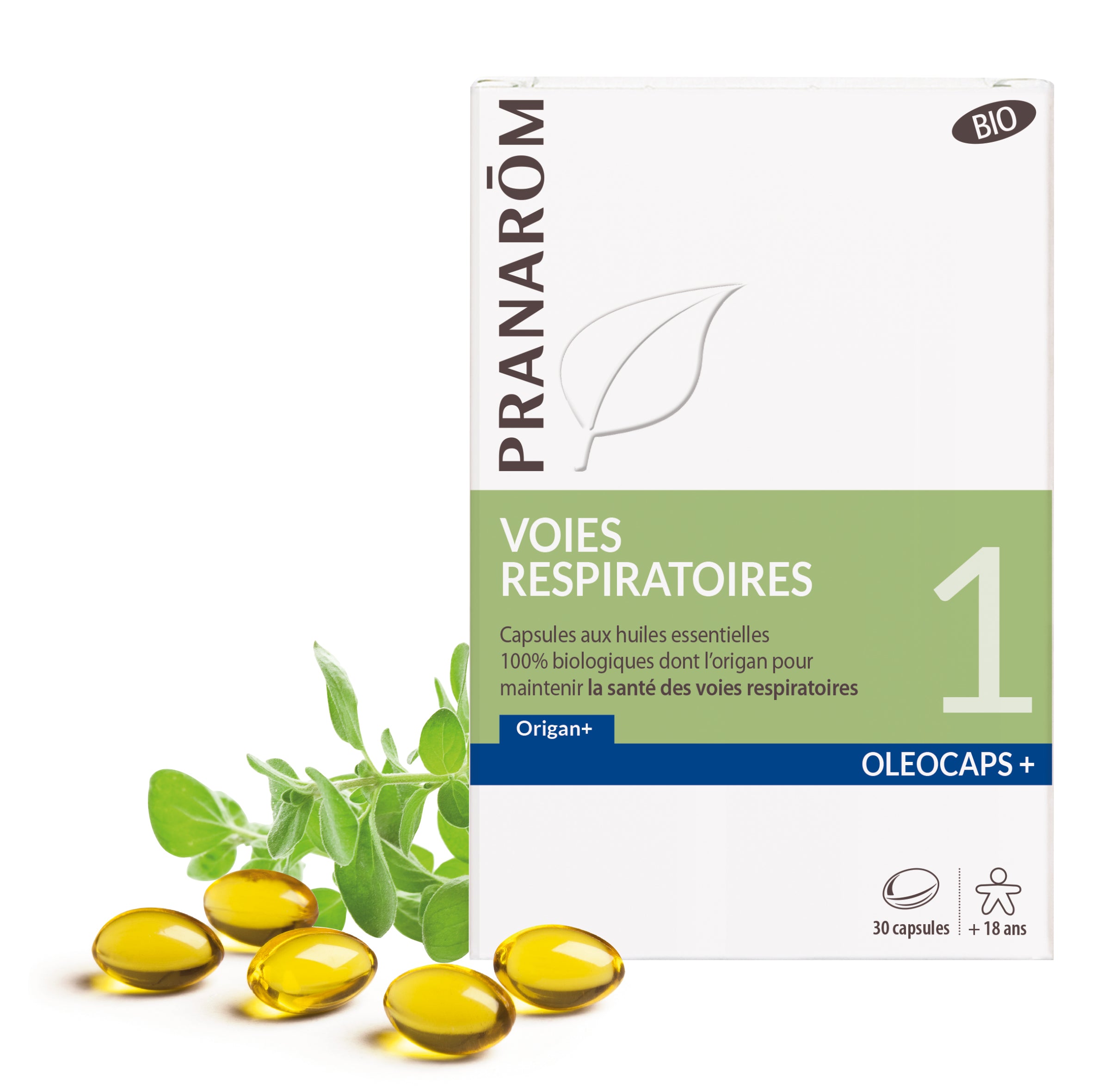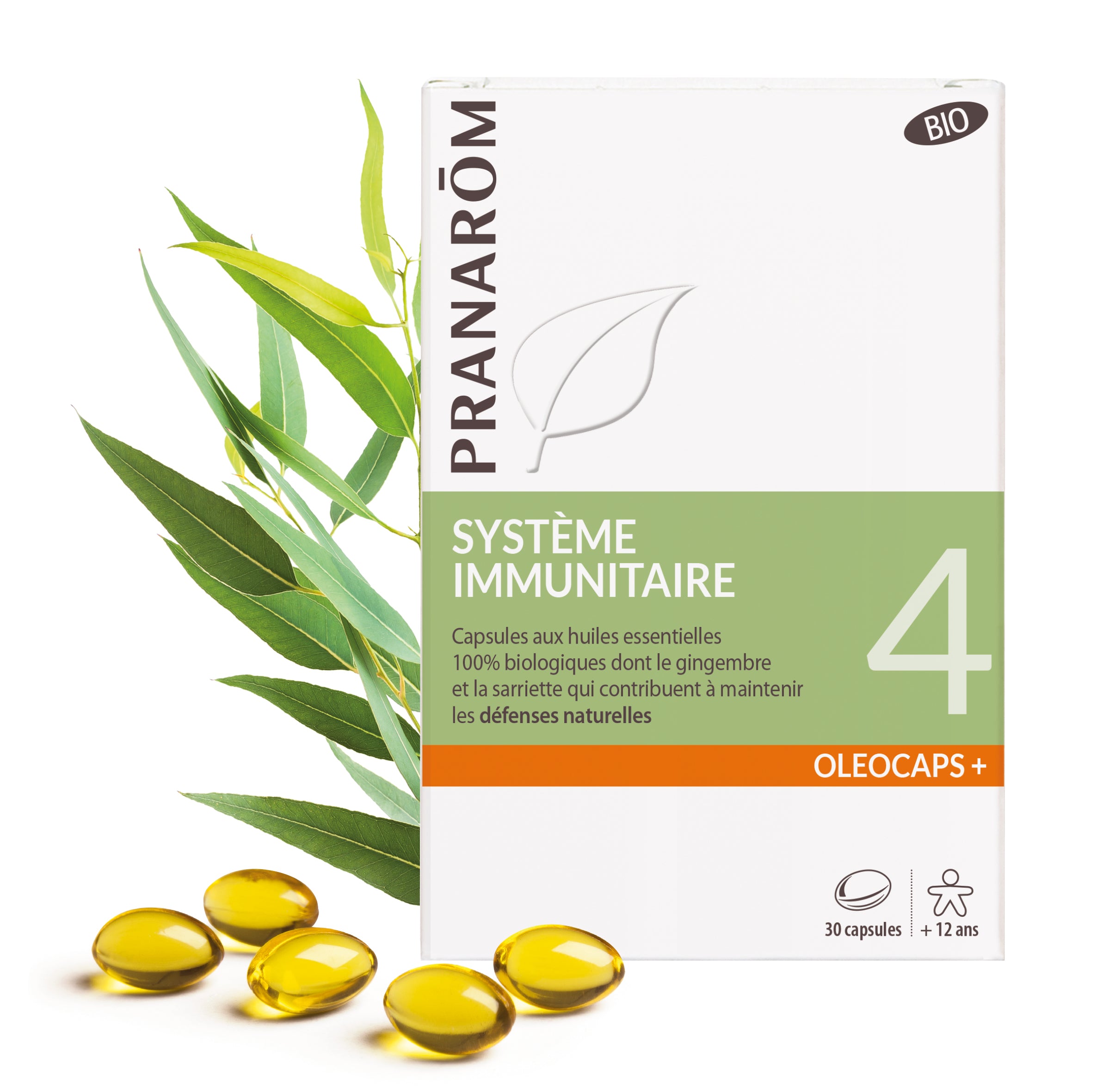We are constantly confronted with viruses, they are part of our daily lives and can be dangerous for the body. Natural solutions exist to protect yourself, in particular essential oils which have great antiviral power against certain types of viruses. Discover them in this article!
What are viruses?
Viruses are small infectious agents that have a single type of nucleic acid, DNA or RNA , and can only multiply in the living cells of animals, plants or bacteria. Their name comes from the Latin word ' uirus ' which means 'venom or poison'.
Viruses are classified based on their nucleic acid content (DNA or RNA), their size, the shape of their capsid and the presence of a lipoprotein envelope.
Adenoviruses (responsible for upper respiratory tract infections in humans), Asfarviruses (like the one which caused African swine fever), Herpesviruses , Papillomaviruses or Poxviruses belong to the group of DNA viruses1. Retroviruses (including HIV or AIDS virus), Influenza Virus (responsible for epidemics and pandemics of influenza, influenza type A: H1N1, H5N1 and H3N2'), Coronavirus, Filovirus, Reovirus or Picornavirus , belong to the group of RNA1 viruses.
What is Coronavirus?
Coronaviruses are crown-shaped virions approximately 120 nm in diameter (2) that are transmitted through the air and cause respiratory and gastrointestinal diseases in humans, poultry and cattle. There are six coronaviruses, four of which are mild, with mild flu-like symptoms, and two that are highly pathogenic for humans. The latter two infect the upper and lower respiratory tract and cause severe respiratory illnesses, accompanied by fever, cough and muscle pain; Coronavirus SARS-CoV (severe acute respiratory syndrome) and Coronavirus MERS-CoV (Middle East respiratory syndrome). They were at the origin of the epidemics in 2002 and 2003.
The new Chinese virus, identified for the first time, belongs to the coronavirus family. Since the outbreak of the epidemic in the Chinese city of Wuhan in December 2019, the virus has spread throughout the world and many deaths have been reported. Arnaud Fontanet, head of the epidemiology unit for emerging diseases at the Pasteur Institute in Paris, explains to AFP that this is the "seventh coronavirus capable of causing clinical manifestations in humans"(3) . The World Health Organization (WHO) has named it “Coronavirus 2019-nCoV” , it causes the same symptoms as SARS-CoV and MERS-CoV.
For the moment, we do not yet have the necessary perspective and sufficient data on the Coronavirus 2019-nCoV to establish treatments or a vaccine. The only way to avoid being contaminated is to apply strict prevention and general hygiene measures against any infection.
What are the precautionary measures against viral infections?
- Wash your hands regularly with soap and water and especially after each blowing your nose.
- Cover your mouth and nose when coughing or sneezing; or do it in the elbow and not in the hands.
- Use single-use paper tissues to prevent the spread of viruses.
- Avoid physical contact with potentially infected people.
- Monitor for symptoms of febrile respiratory infection with fatigue, fever, cough, and chest pain.
- If a person experiences the above symptoms, it is advisable to seek medical attention immediately.
- Strengthen the immune system by paying attention to the quality of diet and good sleep.
How to protect yourself more?
Several research studies (4-6) show that essential oils have great antiviral power against RNA and DNA viruses. They can be used to disinfect hands , sanitize the environment and support the immune system :
- Sanitize your hands by applying hydroalcoholic solutions or a few drops of Ravintsara , Radiated Eucalyptus , Tea tree or Aromaforce Natural Defense Solution to the palms of your hands.
- Help the immune system by taking food supplements, including those with essential oils such as Oléocaps+ 1 Respiratory tract (maintain the health of the respiratory tract with Oregano essential oil) and/or Oléocaps+ 4 Immune system (maintain the defenses natural thanks to the essential oil of Mountain Savory )
- Strengthen the immune system by applying Aromaforce Natural Defense Solution locally to the wrists, chest or back (contains Peppermint essential oil to maintain natural defenses)
- Clean the air using Aromaforce sanitizing sprays and/or by diffusing Aromaforce Natural Defense Solution or Ravintsara and/or Eucalyptus essential oils using a diffuser.
Bibliographic references
- Rogers, K. (Ed.). (2010). Bacteria and viruses. Britannica Educational Publishing.
- Black, J. G. (2008). Microbiology: principles and explorations. 7th ed. Hoboken (NJ): Wiley.
- Editing (January 29, 2020). Health: The essential things to know to avoid Coronavirus. Gnadoe Magazine https://gnadoemagazine.com/coronavirus-lessentiel-a-savoir-afin/ .
- Wu, S. et al. (2010, April). Essential oil attenuates influenza virus infection via inhibition of membrane fusion in vitro. In journal of investigative medicine (Vol. 58, No. 4, p. 677
- Wang, W. et al. (2008). Anti-virus activity of combined essential oil on infectious bronchitis viruses. Indian veterinary journal, 85(11), 1147-1148
- Jackwood, MW et al. (2010). Avian coronavirus infectious bronchitis virus susceptibility to botanical oleoresins and essential oils in vitro and in vivo. Virus research, 149(1), 86-94.


